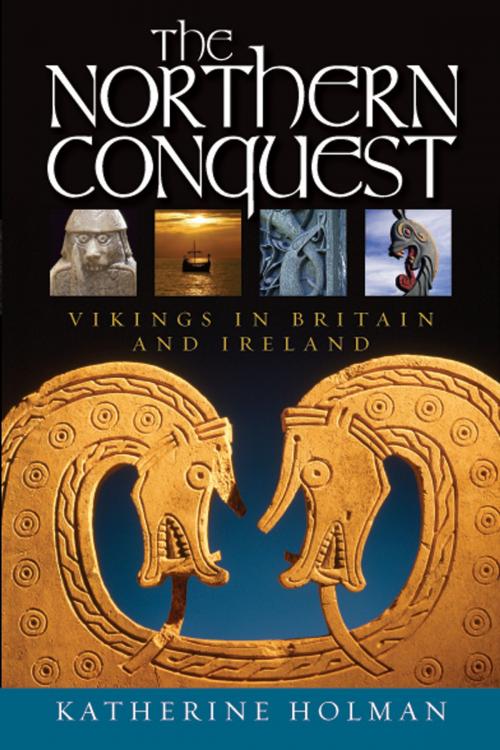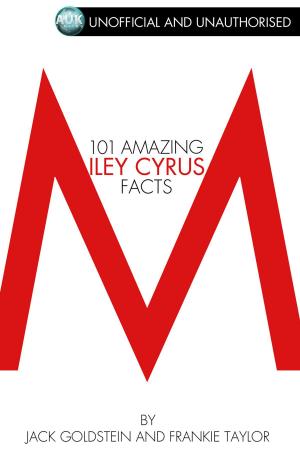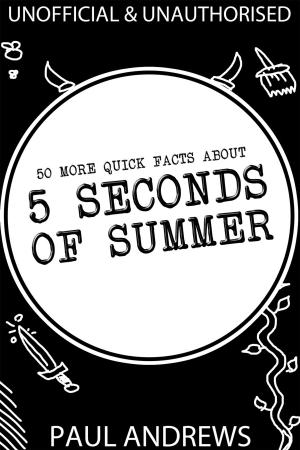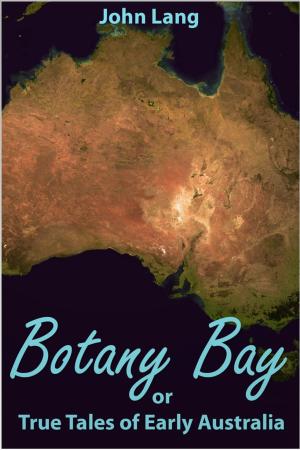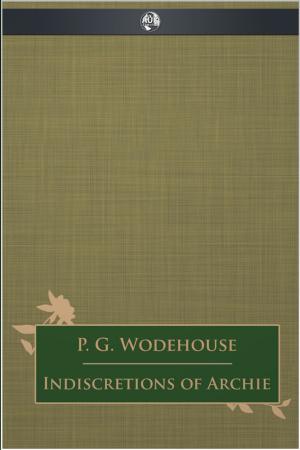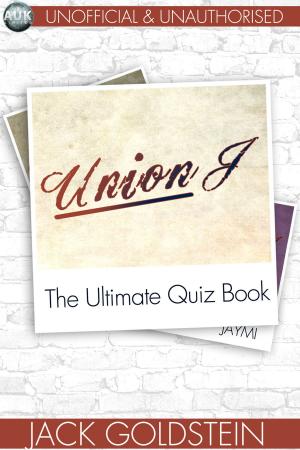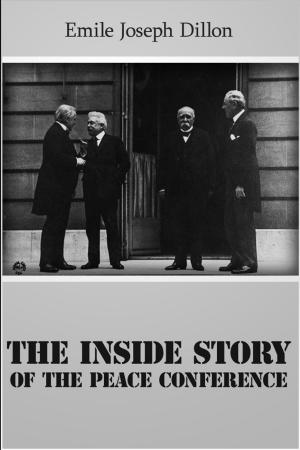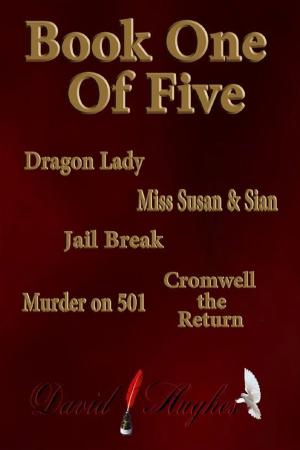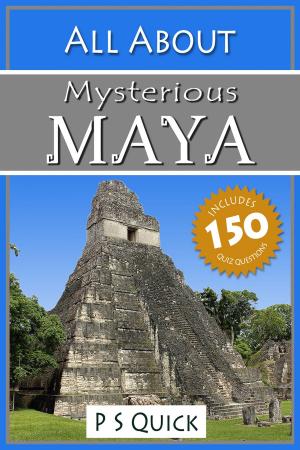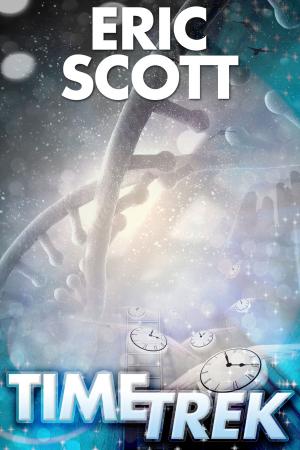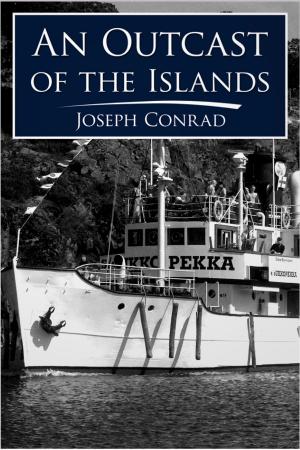| Author: | Katherine Holman | ISBN: | 9781908493521 |
| Publisher: | Andrews UK | Publication: | April 26, 2012 |
| Imprint: | Signal Books | Language: | English |
| Author: | Katherine Holman |
| ISBN: | 9781908493521 |
| Publisher: | Andrews UK |
| Publication: | April 26, 2012 |
| Imprint: | Signal Books |
| Language: | English |
Most historical accounts examine the Viking Age in one part rather than the whole region of the British Isles and Ireland. Very few pay attention to the continued contact between England and Scandinavia in the post-Norman Conquest period. This book aims to offer an alternative approach by presenting a history of the Viking Age which considers the whole area up to and beyond the Norman Conquest of 1066.The Vikings have been traditionally portrayed as brutal barbarians who sailed to Britain and Ireland to loot, rape and pillage. The evidence presented here suggests a considerably less dramatic but no less fascinating picture which reveals the Vikings' remarkable achievements and their influence in shaping the political history of these islands. Katherine Holman discusses their skills as farmers, their linguistic and artistic contribution, their rituals and customs and the conflict between paganism and Christianity, showing that the Viking cultural impact was complex and often rich.Based on extensive and original research, The Northern Conquest presents the available evidence and guides the reader through the process of interpreting it. This is not restricted to historical documents alone, but also includes archaeology, runes, inscriptions, artefacts and linguistic evidence to provide different and complementary types of information. In addition, the book considers the contemporary question of the Vikings' genetic legacy.Interest in the Viking Age is thriving and expanding, both in Britain and in North America. Highly readable and casting new light on the period, this book will appeal to a wide audience.
Most historical accounts examine the Viking Age in one part rather than the whole region of the British Isles and Ireland. Very few pay attention to the continued contact between England and Scandinavia in the post-Norman Conquest period. This book aims to offer an alternative approach by presenting a history of the Viking Age which considers the whole area up to and beyond the Norman Conquest of 1066.The Vikings have been traditionally portrayed as brutal barbarians who sailed to Britain and Ireland to loot, rape and pillage. The evidence presented here suggests a considerably less dramatic but no less fascinating picture which reveals the Vikings' remarkable achievements and their influence in shaping the political history of these islands. Katherine Holman discusses their skills as farmers, their linguistic and artistic contribution, their rituals and customs and the conflict between paganism and Christianity, showing that the Viking cultural impact was complex and often rich.Based on extensive and original research, The Northern Conquest presents the available evidence and guides the reader through the process of interpreting it. This is not restricted to historical documents alone, but also includes archaeology, runes, inscriptions, artefacts and linguistic evidence to provide different and complementary types of information. In addition, the book considers the contemporary question of the Vikings' genetic legacy.Interest in the Viking Age is thriving and expanding, both in Britain and in North America. Highly readable and casting new light on the period, this book will appeal to a wide audience.
